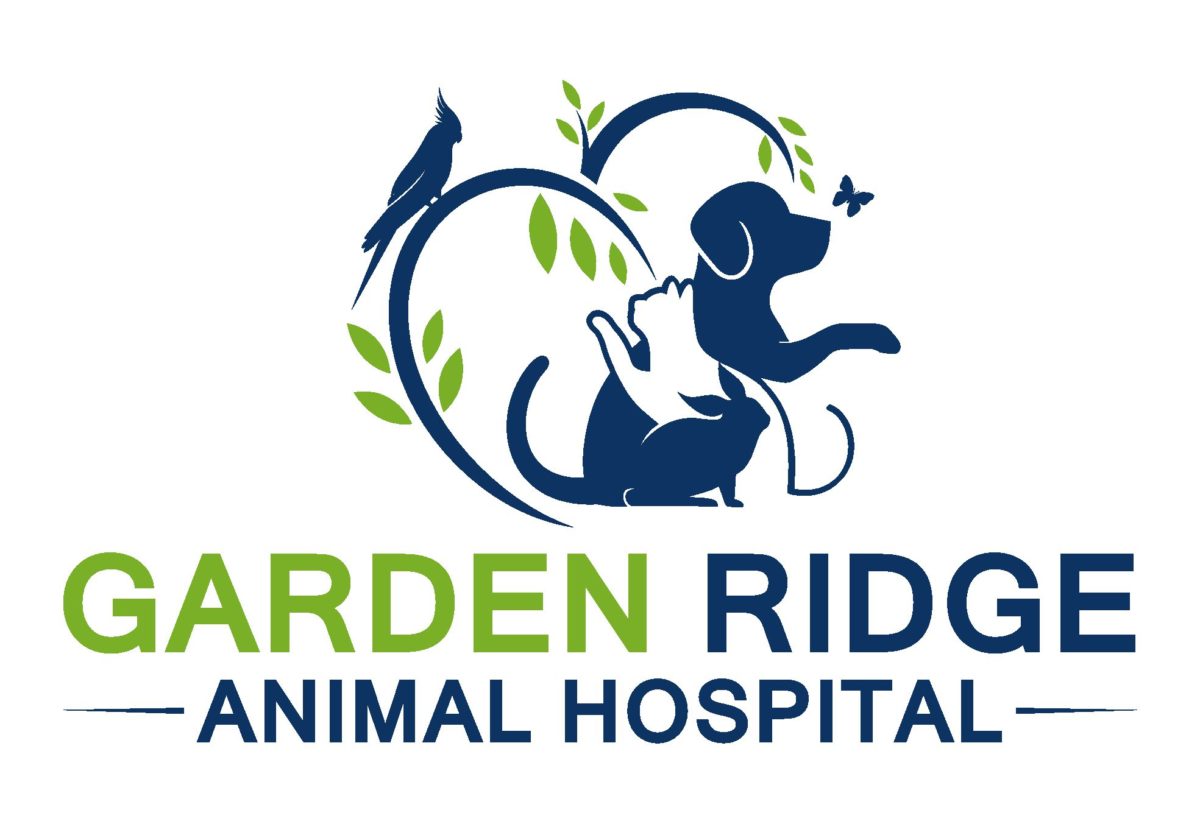I thought I knew everything about grief. I have had to say goodbye to numerous family pets, my grandparents, my father, a miscarriage, and a marriage. I give advice on grieving to my clients and have written blog posts on it. But the unexpected death of my little Sheltie, Sarge, had been much tougher. Perhaps it is because it was mostly unexpected. I haven’t done my “pre-grieving for Sarge like I had my other losses. Or maybe because of this social distancing thing I do not have the same community to cope.
So, I did more research on types of grief. Most experts start with 6 basic types, and then some add even more.
Anticipatory grief is what we go through when a pet or person is chronically ill, and we know the end is coming. It still hurts.
Absent grief is when someone does not acknowledge the loss and shows no signs of grief. This can be the result of complete shock or denial of the death. It’s important to note that in some instances, just because you can’t see the signs of grief, it doesn’t necessarily mean that someone is not grieving.
Chronic grief can be experienced in many ways: through feelings of hopelessness, a sense of disbelief that the loss is real, avoidance of any situation that may remind someone of the loss, or loss of meaning and value in a belief system. If left untreated, chronic grief can develop into severe clinical depression, suicidal or self-harming thoughts, and even substance abuse.
Delayed grief is when reactions and emotions in response to a death are postponed until a later time.
Inhibited grief is when someone doesn’t outwardly show any typical signs of grief.
Unauthorized grief (disenfranchised grief) can be felt when someone experiences a loss, but others do not acknowledge the importance of the loss in the person’s life. Others may not understand the importance of the loss or they may minimize the significance of the loss. It is common with the death of a pet since some well-meaning people say, “it was just a dog”.
Common symptoms of grief include depression, decreased appetite, altered sleep patterns, physical pain, and disinterest in previous hobbies and activities. I also learned that grief increases inflammation and batters the immune system. Those are not good in this time of Covid-19. As if the emotional pain isn’t enough, the physical pain can cause headaches, chest pain (“broken heart syndrome”), stomach aches, and fatigue.
My coping mechanisms are mostly the same as depression. I have been trying to stay on a schedule, get regular exercise and plenty of sunlight. I have been eating small sensible meals and avoiding excess alcohol (I did not say ANY alcohol). Writing these blogs help. I have been also reviewing photos (to build a tribute scrapbook page), tending the grave site (I am planting flowers and propagating some Rosemary), and playing with my other dogs. The two terriers are a source of joy just watching them run, play, and hunt rodents.
Some owners would like a way to memorialize their companion animal. The following are some ways that others have found helpful:
• Conduct a memorial service• Keep your pet’s tags, toys, collars, bedding, etc.
• Keep your pet’s hair
• Save condolence cards or e-mails from friends and family
• Create a picture collage, scrapbook, story, or poem about your pet
• If you chose cremation, you may keep the ashes in an urn or locket, or you may choose to scatter them in a place that was special to your pet
• Journal your pet’s story; how, when, and where you met, unique personality traits, nicknames, what you love the most, and what you’ll miss the most
• Donate time, money, or talent in your pet’s honor
https://www.faithfulfriendspetcemetery.com/grief-support/
https://elizz.com/caregiver-resources/types-of-grief-and-loss/
https://edge.sagepub.com/sites/default/files/18.13_Types_of_Grief.pdf
https://exploringyourmind.com/6-types-grief/
https://www.webmd.com/special-reports/grief-stages/20190711/how-grief-affects-your-body-and-mind

